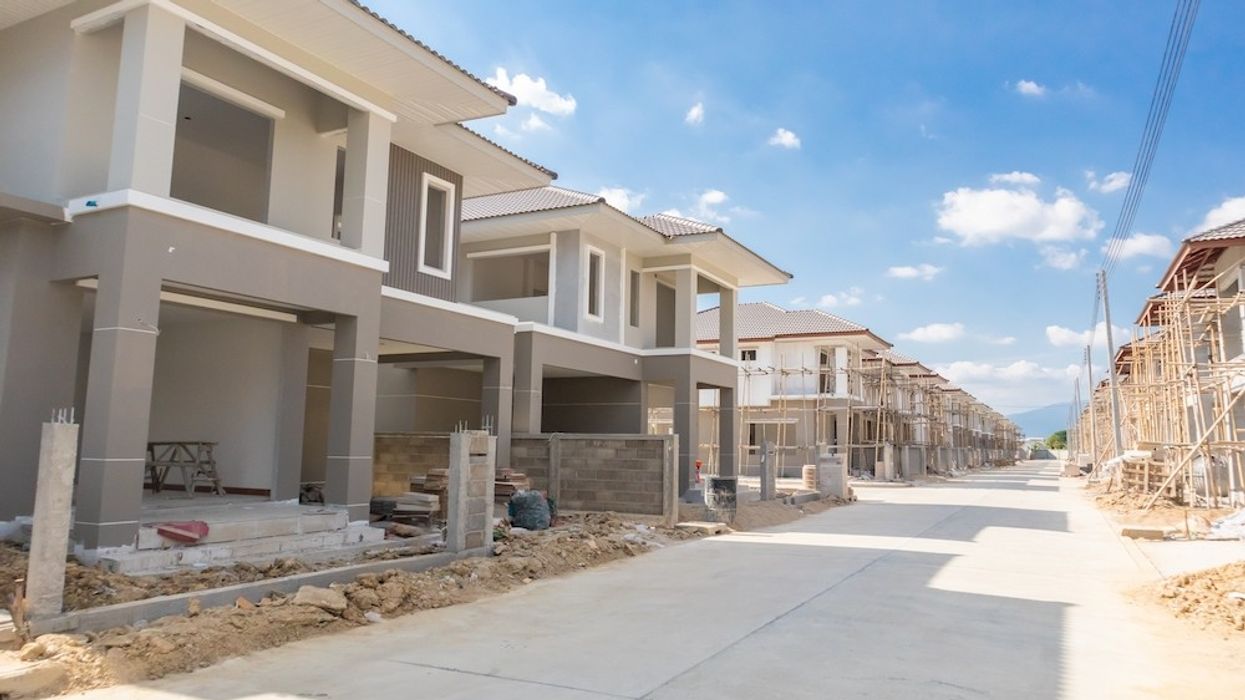
Reports of a dip in housing demand and tighter market conditions are no reason to take the proverbial foot off the pedal when it comes to building new homes.
We are still in a housing supply crisis and in desperate need of new homes. That fact has been acknowledged for the first time in many years by all levels of government and virtually all elected officials.
Canada Mortgage and Housing Corporation reports that 3.5M more homes need to be built by 2030 to reach affordability. In Ontario, it is accepted wisdom that we will need 1.5M new homes in Ontario in the next decade. That means we will have to roughly double our housing production.
READ: Time to Re-Think State-of-Good-Repair for Toronto Community Housing
To do that, though, all three levels of government -- municipal, provincial and federal -- will have to collaborate on solutions and make changes to speed up dysfunctional planning approvals processes that exist in municipalities, allow more infill development, lower taxes, and embrace digitization.
Present systems are overly slow, bureaucratic and unresponsive and we need to act now to change them.
RESCON has researched and released a 15-point plan, called Housing Ontario’s People Everywhere, or HOPE, that calls on all levels of government to tackle the housing supply and affordability crisis by immediately adopting a series of specific recommendations.
We are recommending five actions to be taken by each level of government that will enable builders to get shovels in the ground quicker and permit those looking for housing to get into their units much faster. The actions are very specific, to the point and implementable in the short-term.
The actions in the plan were developed by the team at RESCON after extensive consultations with a variety of stakeholders. With municipal elections just around the corner, we are hoping that candidates vying for positions will speak to some of the issues and commit to working towards a solution.
At the municipal level, in particular, there are several concerns that need to be addressed. Municipal processes were identified as the most significant part of the problem as they create bureaucratic impediments and cause untenable and unacceptable delays. Glaringly inefficient municipal planning systems and policies must be overhauled so that they are more efficient and accountable.
RESCON’s plan calls for changes that will force planning and development divisions to expedite housing applications and approvals within mandated timelines. The plan also calls for previous increases in taxes, fees and levies, such as development charges, to be reversed or reduced, the development approvals process to be digitized, reasonable densification to be allowed, particularly in Toronto, and a prohibition on the use of heritage designations to stop development.
Heritage designations are presently being used by NIMBYists as a means to block much-needed densification and housing. In Toronto, city staff has been asked to look at the possibility of adding a former soy sauce factory on Queen Street in Leslieville to the heritage register. This could interfere with the prospect of building an eight-storey, mixed-use building containing 132 purpose-built rental apartment units. Some 2,000 properties across Leslieville and other Toronto neighbourhoods have already received heritage designations over the last half-decade.
RESCON is also proposing that land be freed-up for reasonable development and densification in large sections of municipalities and that there be responsive paths to appeal unreasonable delays and decisions that impede residential construction. We are also recommending that permissions be updated for modern building techniques and there be an increase in as-of-right building approvals.
Meanwhile, we are pressing the provincial and federal governments to take additional steps. While the province has made significant efforts to speed-up construction of new housing with actions such as the Strong Mayors, Building Homes Act, there is still much more to be done. We are suggesting the province mandate major municipalities to have an independent planning and development ombudsman to ensure applications are not delayed.
Federally, we would like to see an exemption or rebate on HST collected on construction of residential buildings, more tax incentive programs, and an immigration system that permits more foreign-trained skilled workers to come to Ontario. This is something the provincial government has requested.
While all three levels of government have a role to play, municipalities are key to turning the situation around. Municipal processes have been identified as the most significant part of the housing supply problem as they create bureaucratic impediments and cause unacceptable delays.
Research done by RESCON and others has consistently demonstrated that speeding up planning processes results in more housing units and greater investment.
Considering the situation that we find ourselves in, it is time to put the foot down and accelerate the build of new housing.





















